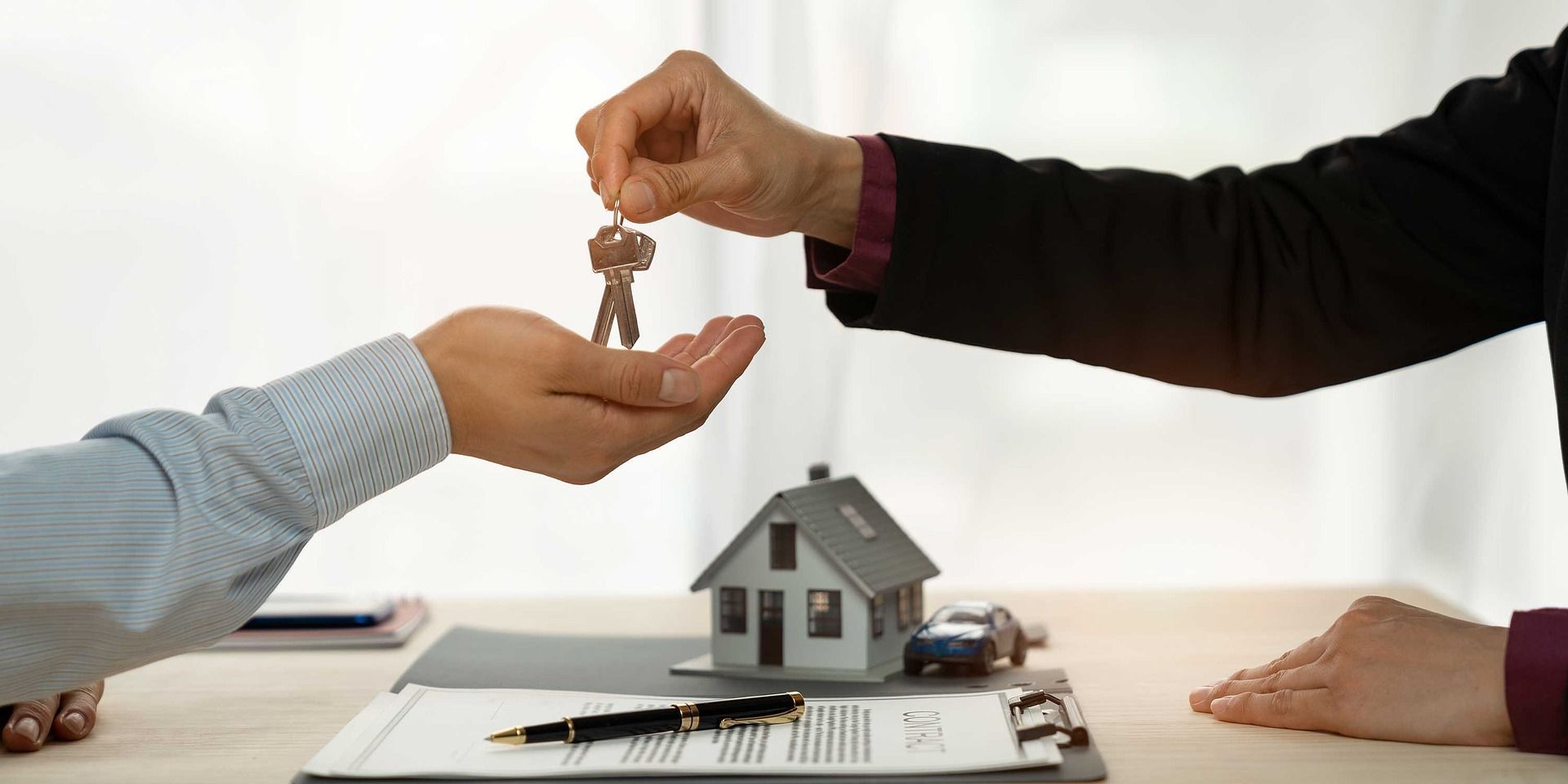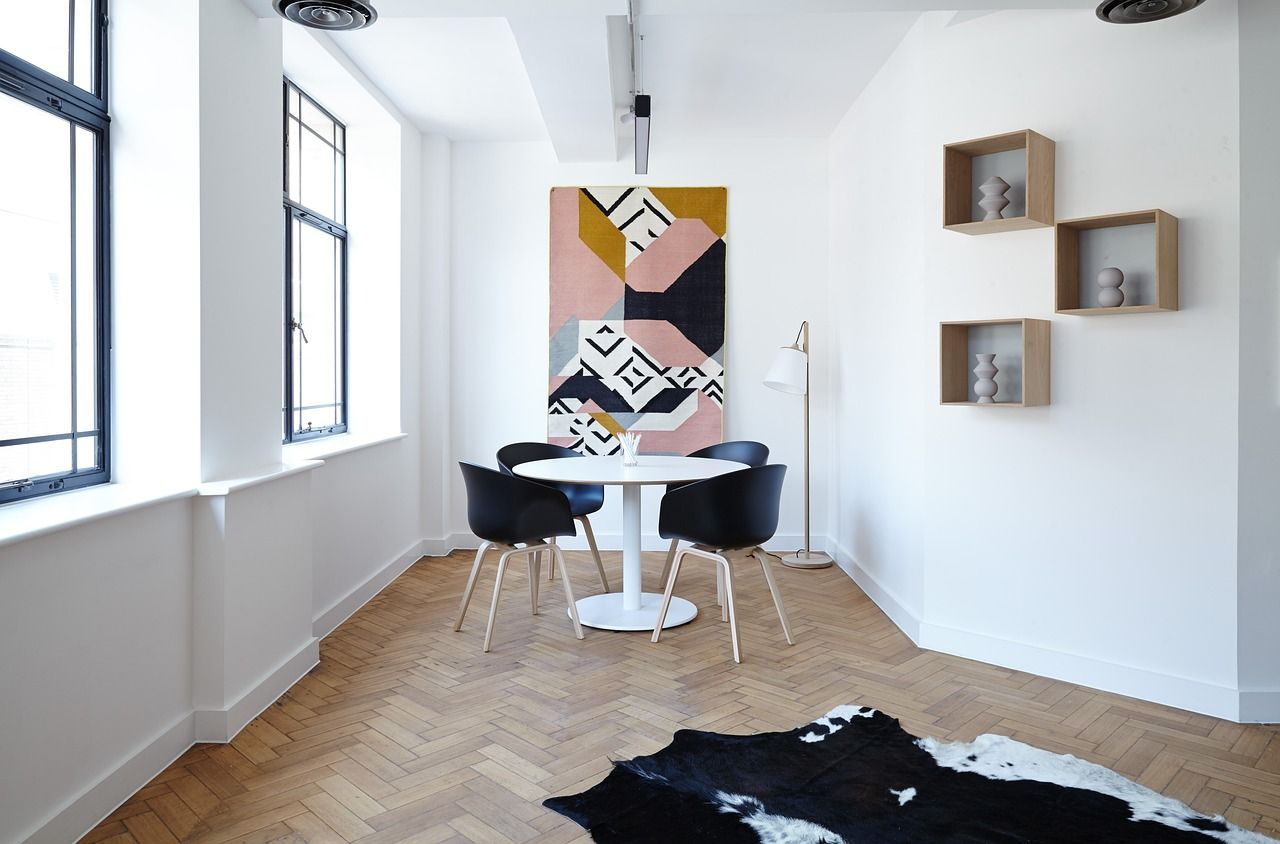Blog
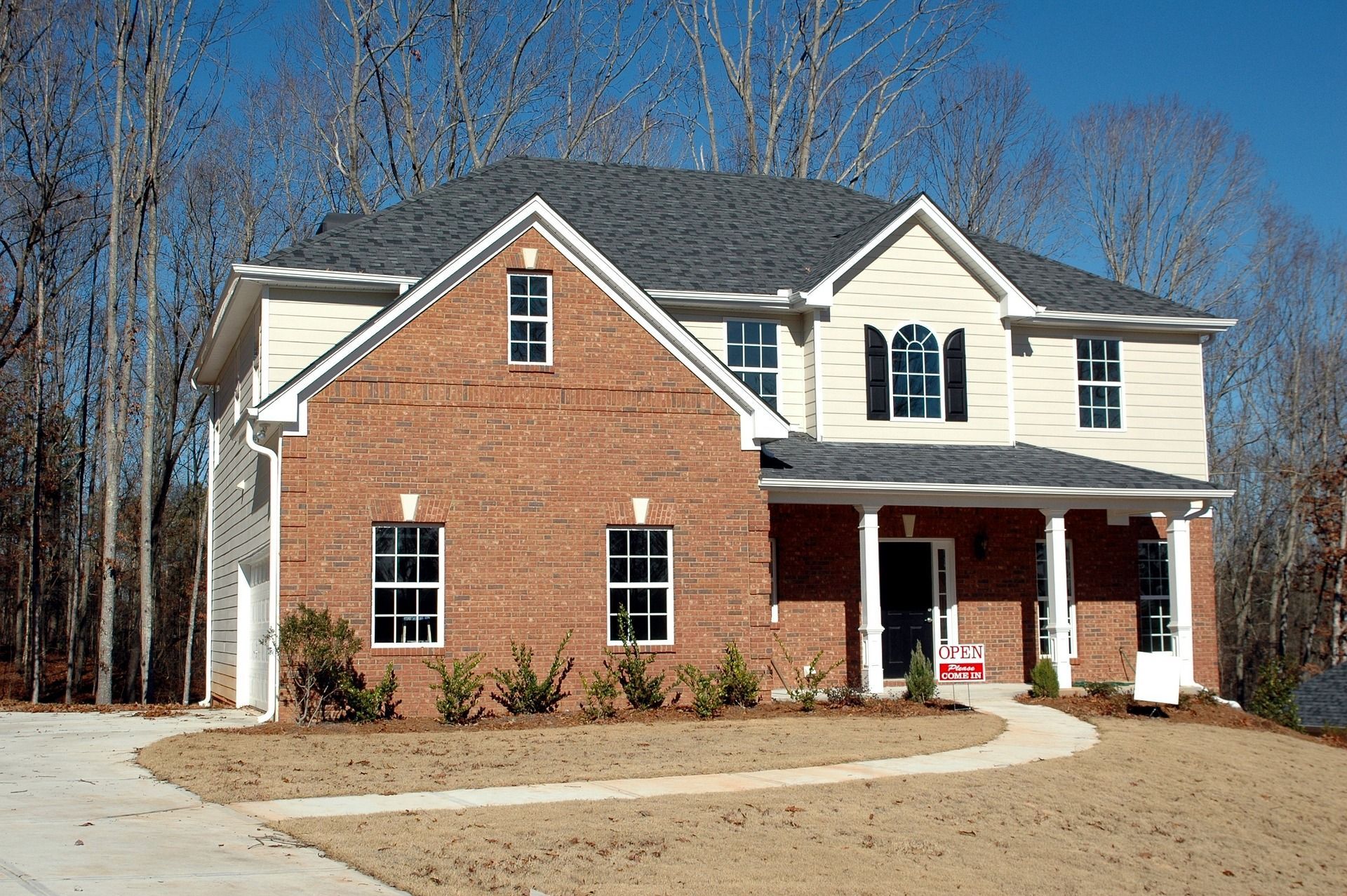
Before you flip a house, you have to buy it. Depending on whether you’re paying all-cash or getting a mortgage loan (and whether you already own a primary residence or not), you will have to secure a down payment for the home, plan on paying mortgage interest for the months that you carry the mortgage, pay for utilities, and pay for the expenses of actually fixing up the home.

In 2008, the real estate landscape was on the brink of a monumental change. The Great Recession officially started in December 2007, and the housing industry was on the front lines of the longest economic slump since World War II. Homeowners who had bought at the peak of the housing bubble found themselves underwater on their loans, owing more than their homes were worth on the market, and those risky loans partnered with a rash of foreclosures caused upheaval on the secondary mortgage market, tanking investors and banks left and right.
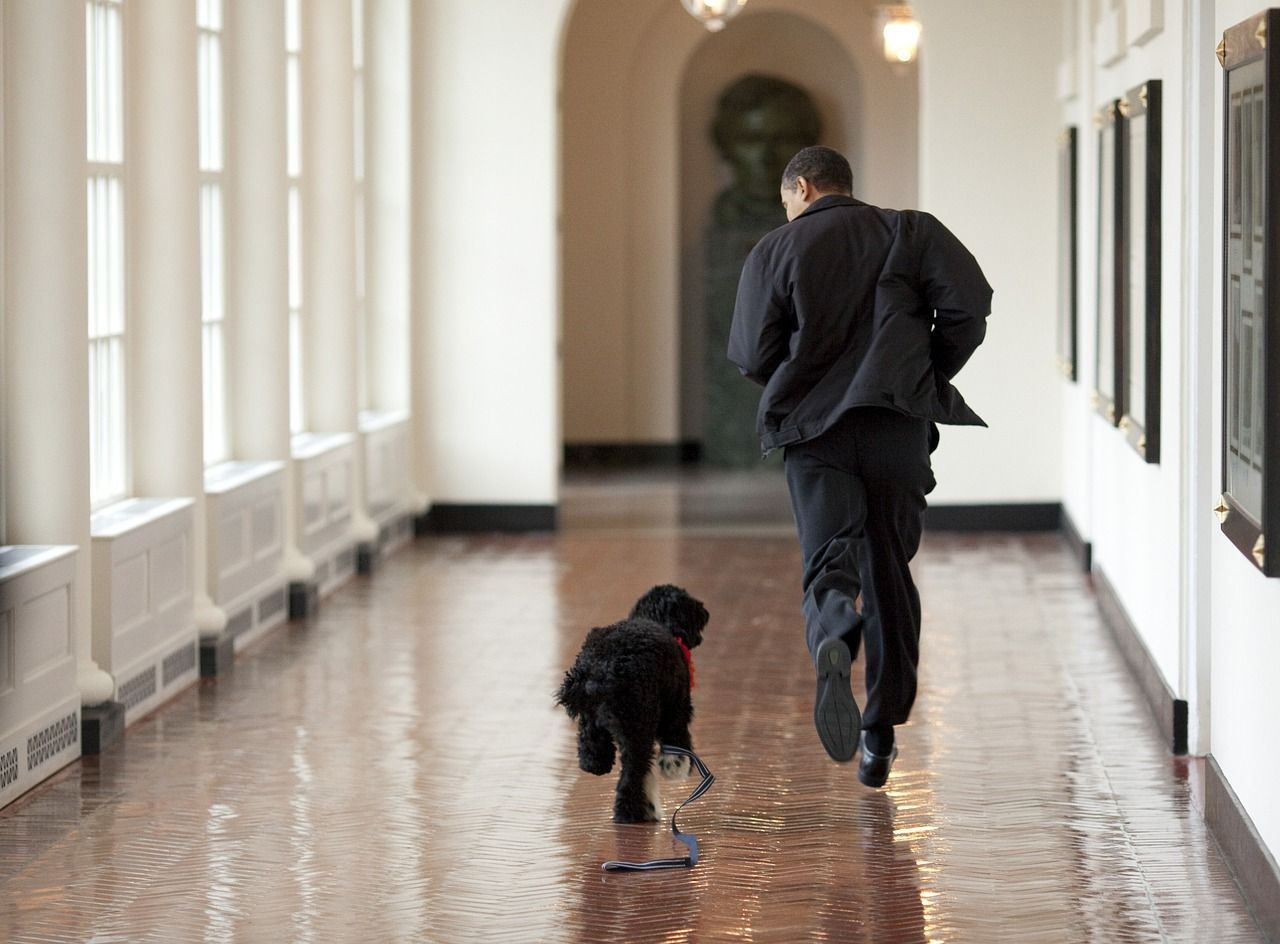
Moving is stressful all on its own, but when you add in the complications that kids or pets (or both) can bring to the mix, it can feel downright impossible. Depending on the age of your children and whether your fur baby is a cat or a dog, some moves can be easier than others, but any stress you’re feeling can manifest exponentially in your dependents.
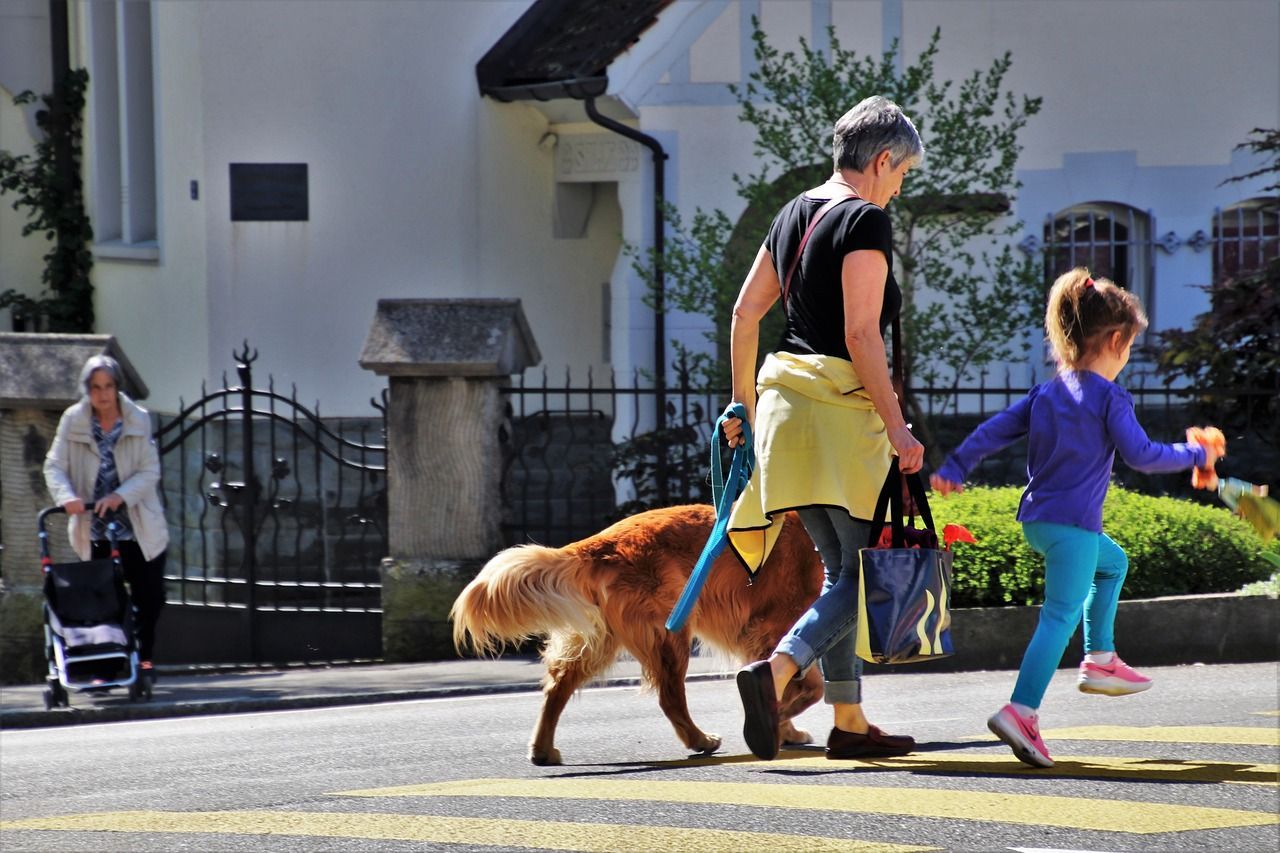
In a society where we refer to our homes as our castles, it makes sense that we also want to feel safe and secure in our residences. But as we spend more time inside looking at screens and less time outside making connections with neighbours, it also makes sense that many homeowners today feel less safe and secure than they did a few decades ago.
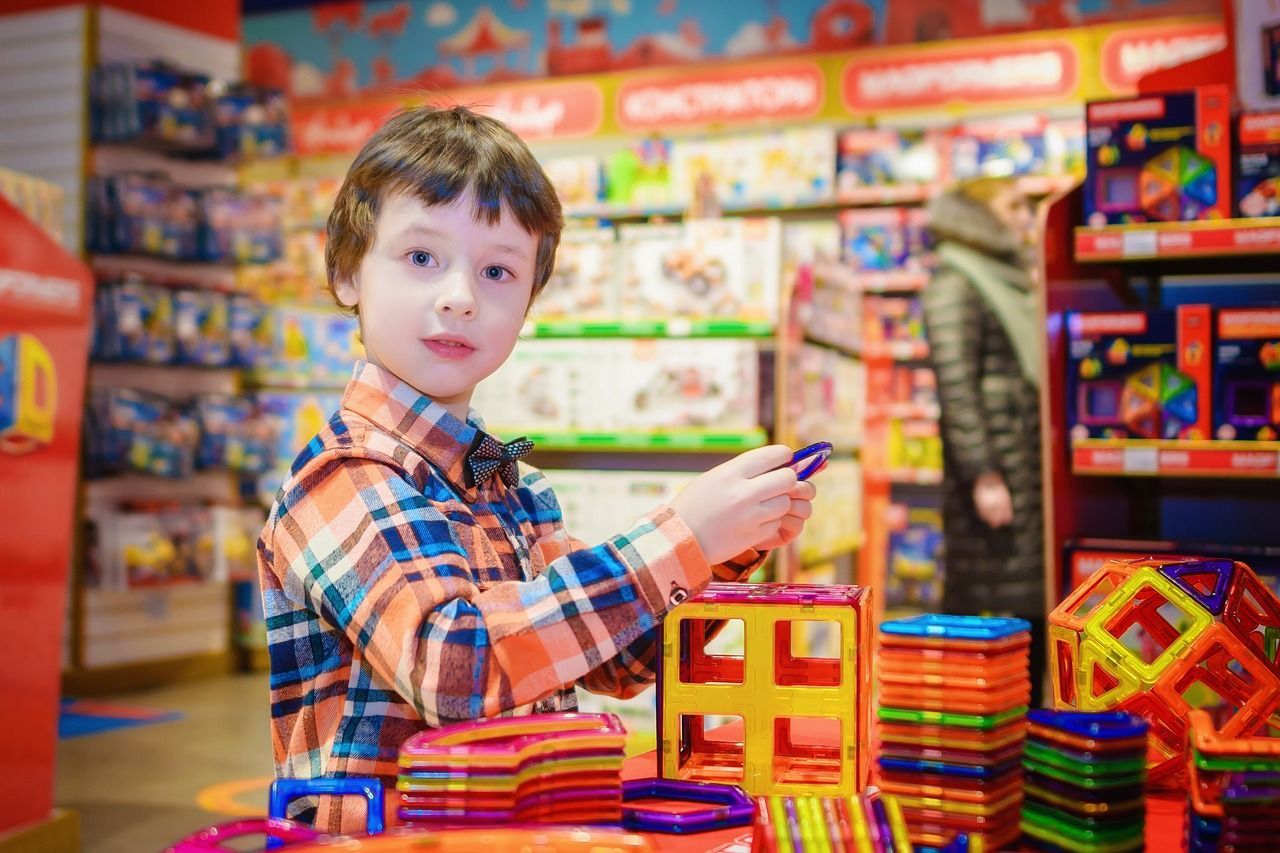
As a parent, it’s hard to watch your kids struggle with anything, but watching them struggle to buy a house can be especially tough. We all want the best for our offspring, and owning a home is one of the best ways to build wealth — so if kids are having trouble taking that step, it’s normal to worry about how they’ll manage when you’re gone.

